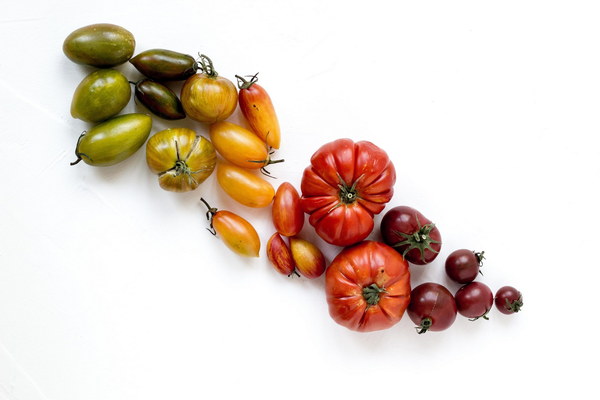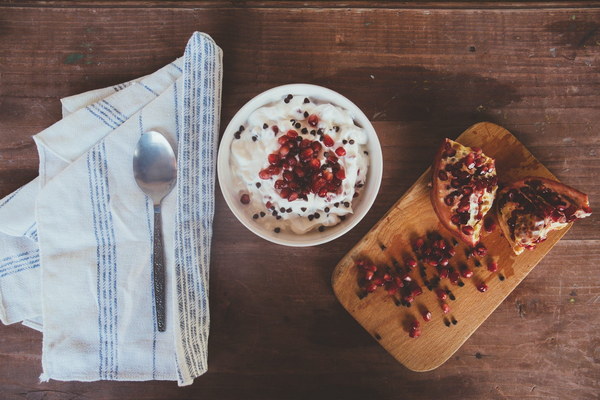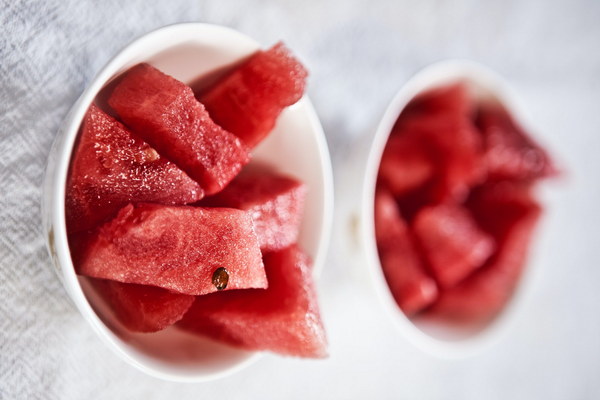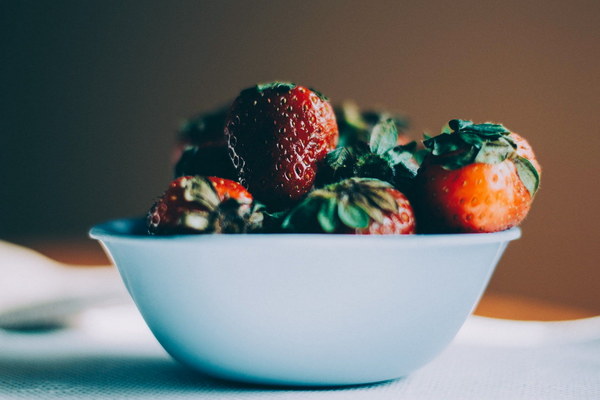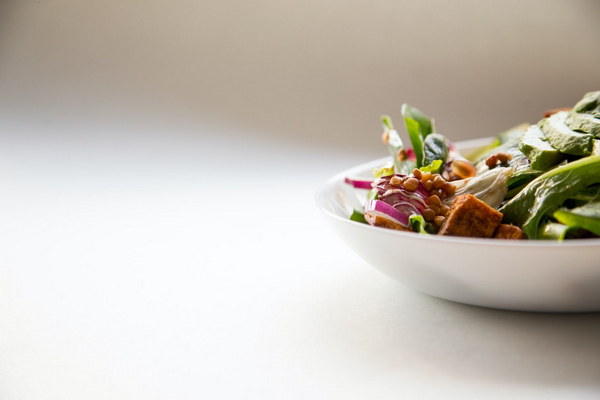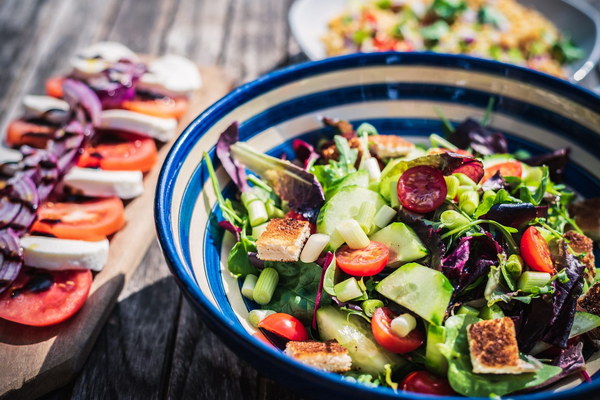Nourishing Your Spleen A Guide to Traditional and Modern Herbs and Foods for Spleen Health
In the realm of traditional Chinese medicine (TCM), the spleen plays a crucial role in maintaining overall health. Often referred to as the stomach's partner, the spleen is responsible for transforming the nutrients from the food we eat into energy and blood. To keep this vital organ in good health, it's important to incorporate certain foods and herbs into your diet. Let's explore the array of traditional and modern options available for spleen nourishment.
Traditional Herbs for Spleen Nourishment
1. Astragalus (Huang Qi)
Astragalus is a well-known herb in TCM for its immune-boosting properties. It's believed to strengthen the spleen and enhance the body's resistance to diseases.
2. Codonopsis (Dang Shen)

Codonopsis is another popular spleen-nourishing herb. It's used to support the spleen's ability to produce blood and to improve energy levels.
3. White Peony Root (Bai Shao)
This herb is traditionally used to regulate the body's Yin and Yang, and is believed to have a calming effect on the spleen, helping to alleviate symptoms of stress and anxiety.
4. Licorice Root (Gan Cao)
Licorice root is often used in combination with other herbs to harmonize their properties. It's thought to have a balancing effect on the spleen and to enhance the effectiveness of other spleen-nourishing herbs.
5. Poria (Fu Ling)
Poria is a mild, non-toxic herb that is believed to aid in draining dampness and excess moisture from the body. This can be particularly beneficial for those with spleen-related issues like bloating and water retention.
Modern Foods for Spleen Health
1. Squash and Pumpkins
These orange-hued vegetables are rich in beta-carotene and vitamin A, which are essential for maintaining a healthy immune system and supporting the spleen.
2. Brown Rice
Brown rice is a complex carbohydrate that provides sustained energy and is easier for the spleen to digest compared to refined grains.
3. Apples
Apples are a good source of dietary fiber, which aids in digestion and can help to improve the function of the spleen.
4. Nuts and Seeds
Nuts and seeds, such as almonds, walnuts, chia seeds, and flaxseeds, are packed with nutrients like omega-3 fatty acids, protein, and fiber, all of which support spleen health.
5. Legumes
Legumes like lentils, chickpeas, and beans are high in protein and fiber, which are important for the production of blood and the maintenance of overall spleen function.
Integrating Spleen-Nourishing Practices into Your Daily Life
In addition to incorporating these herbs and foods into your diet, there are several other practices that can help support spleen health:
- Regular Exercise: Physical activity helps to improve circulation and can aid in the digestion process.
- Meditation and Relaxation: Stress can negatively impact spleen function, so practices that reduce stress can be beneficial.
- Adequate Sleep: Sleep is essential for the body to repair and regenerate, including the spleen.
By thoughtfully incorporating these traditional and modern spleen-nourishing herbs and foods into your lifestyle, you can help ensure that your spleen remains strong and healthy. Remember that individual responses to dietary changes and herbal remedies can vary, so it's always a good idea to consult with a healthcare professional or a TCM practitioner before making significant changes to your health routine.

